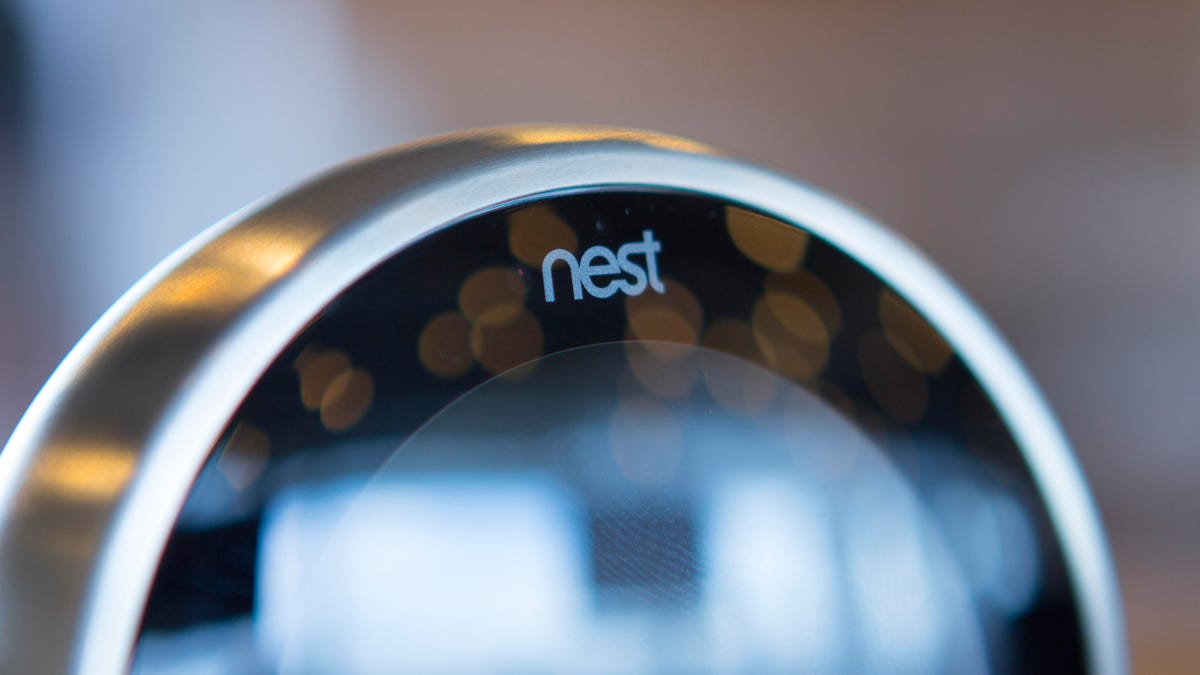Elon Musk added new antitrust claims to his lawsuit against OpenAI on Thursday, accusing the ChatGPT maker of colluding with Microsoft to block competition from other artificial intelligence (AI) companies.
The new filing is the latest development in a monthslong saga between Musk and OpenAI, which he sued earlier this year for allegedly abandoning its founding principles as a nonprofit dedicated to safe and open AI development to become a for-profit company.
In addition to raising new arguments in Thursday’s filing, the Tesla and SpaceX CEO also added Microsoft and LinkedIn co-founder Reid Hoffman as defendants and his AI company xAI and former OpenAI board member Shivon Zilis as plaintiffs.
Zilis is also an executive at Neuralink, Musk’s neurotechnology company, and the mother of three of Musk’s children.
“Never before has a corporation gone from tax-exempt charity to a $157 billion for-profit, market-paralyzing gorgon—and in just eight years,” Musk’s lawyers wrote.
“Never before has it happened, because doing so violates almost every principle of law governing economic activity,” they continued. “It requires lying to donors, lying to members, lying to markets, lying to regulators, and lying to the public.”
Musk sued OpenAI and fellow co-founders Sam Altman and Greg Brockman in August after dropping an earlier lawsuit against the AI company. He accused Altman and Brockman of manipulating him into supporting their endeavor by convincing him that it would develop safe and transparent AI.
However, OpenAI is now poised to fully transition to a for-profit business — a significant departure from its nonprofit roots.
Musk argues that it is “fast becoming a fully for-profit subsidiary of Microsoft,” which has invested billions of dollars into and maintains a close relationship with the ChatGPT maker.
The tech mogul’s antitrust claims stem from this partnership between OpenAI and Microsoft. He alleges that the pair have prevented companies like xAI from successfully competing in the generative AI space by making it more difficult to obtain investors and employees.
Musk also argues that the partnership gives OpenAI access to cheaper computing power and blocks other companies from licensing its technology, resulting in an “unlawful competitive advantage.”
OpenAI dismissed Musk’s newest claims as a “third attempt in less than a year to reframe his claims is even more baseless and overreaching than the previous ones.”
“His prior emails continue to speak for themselves,” a spokesperson added in a statement, referring to several emails between Musk and OpenAI leaders that the company has previously made public.
The emails showed Musk suggesting that the AI firm would need substantial investment and acknowledging that a “for-profit pivot might create a more sustainable revenue stream.”
Microsoft declined to comment on the new claims raised in the lawsuit.







/cdn.vox-cdn.com/uploads/chorus_asset/file/25735683/espn_facts.png)
